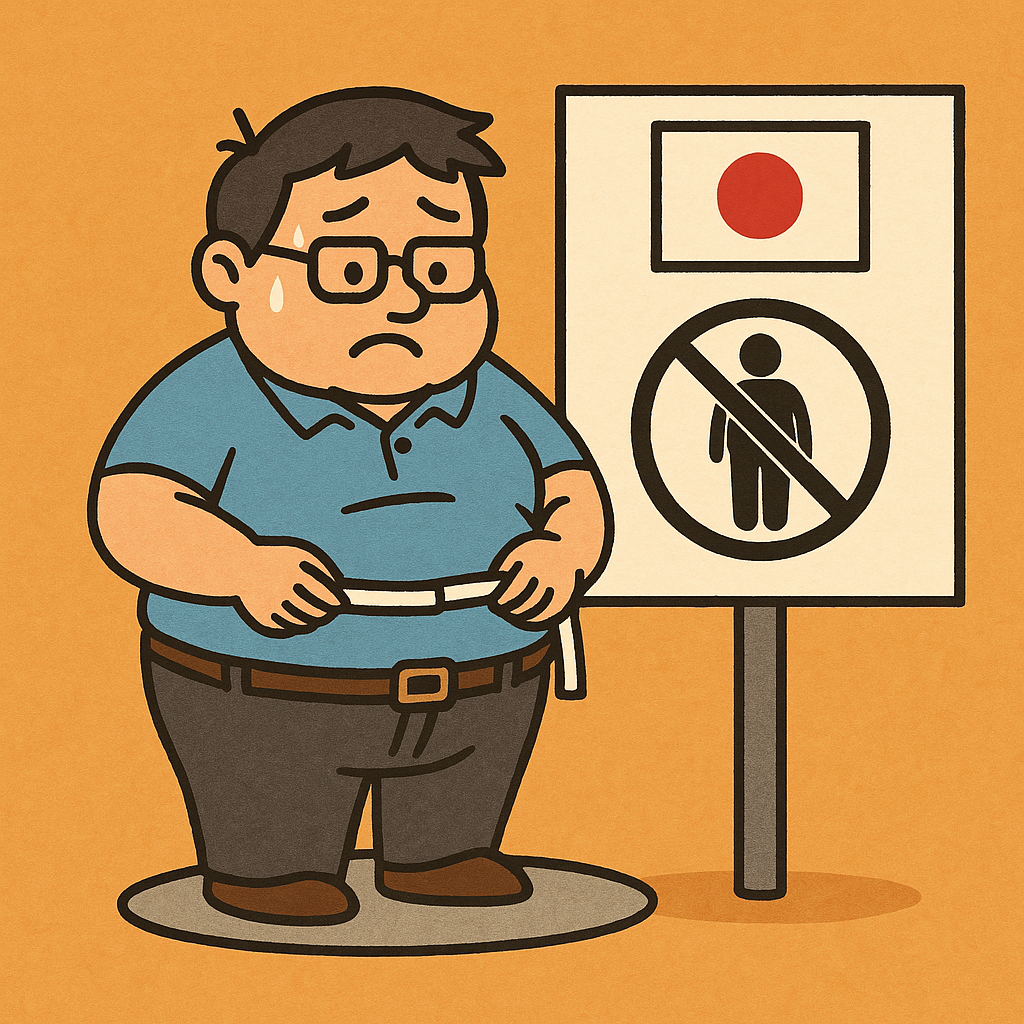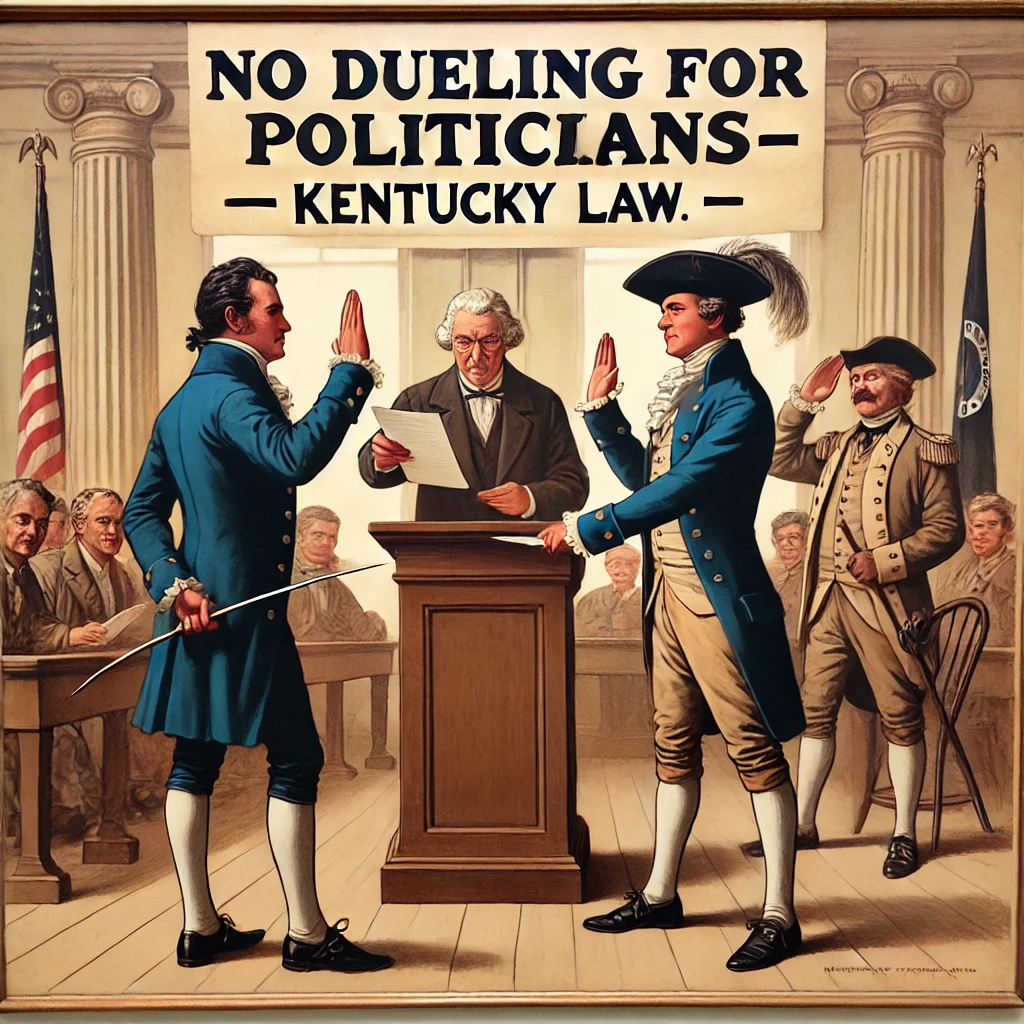 Is It Really Legal to Shoot a Welshman in Chester with a Bow and Arrow? 🎯🏹
Is It Really Legal to Shoot a Welshman in Chester with a Bow and Arrow? 🎯🏹
British history is full of strange and outdated laws, but one of the most infamous claims is that it’s legal to shoot a Welshman in Chester with a bow and arrow—as long as it happens after midnight! 🇬🇧😲
This bizarre law has been widely shared, but does it actually hold any legal weight today?
The Law Explained
According to legend, a medieval law allowed Englishmen to shoot any Welshman found in Chester after dark—as long as they used a longbow.
🏰 Historical Context:
- Chester, a border city, had a tense history with Wales, especially after England’s conflicts with Welsh rebels.
- The law allegedly dates back to the Middle Ages, when Welsh raids on English towns were a common threat.
- Some sources claim the law was reinforced by King Henry II or during the reign of Henry IV to keep Welsh people out of Chester after curfew.
🎯 Legal Loophole?
- While many old laws technically remain on the books, they are overridden by modern laws.
- In the UK, murder is illegal, regardless of ancient statutes.
- Even if this law existed in the past, shooting someone today would lead to immediate arrest! 🚔
The Origins of the Law
The origins of this law are murky at best. It is believed to have stemmed from conflicts between the English and Welsh, especially during Edward I’s conquest of Wales (1277–1283).
At that time, the English government imposed strict rules on Welsh citizens, restricting their movement in cities like Chester.
While some claim the law was never repealed, there’s no real evidence it was ever actively enforced. Instead, it’s likely a mix of medieval curfew laws and folklore.
Is the Law Still in Effect Today?
No, this law is not enforceable today.
🚔 Modern UK laws override it—you cannot legally harm anyone, no matter how old or obscure the rule might be.
📜 Many weird old British laws have been misinterpreted or exaggerated over time. This is one of the most famous examples!
What This Means for You
If you’re in Chester with a longbow at midnight, put it away—this ancient law is nothing more than a historical curiosity.
However, it remains a fun and strange part of British legal history, proving that some old laws really do belong in the past. 🏹😂




